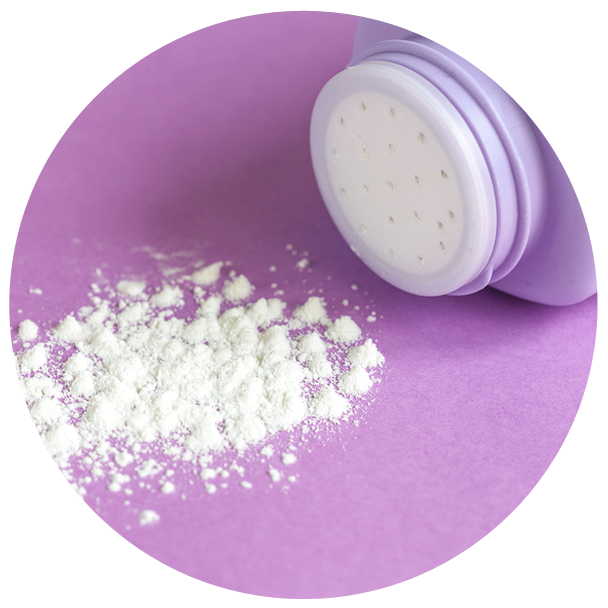Johnson & Johnson Ordered to Pay $55 Million for Covering Up Talcum Powder Ovarian Cancer Risk
In the second landmark verdict against Johnson & Johnson this year, a St. Louis jury earlier this month awarded $55 million to a South Dakota woman who was diagnosed with cancer in 2011, after using J&J’s talcum powder for feminine hygiene purposes for close to 40 years. Just a few months ago, a jury in the same courthouse awarded $72 million to the family of an Alabama woman who died from ovarian cancer last year, after using Johnson & Johnson’s baby powder for 35 years. According to jurors involved in the talcum powder trials, J&J intentionally distorted research to conceal the alleged link between talcum powder and ovarian cancer, and lied to the public about the serious health risk.

